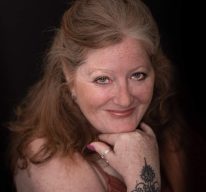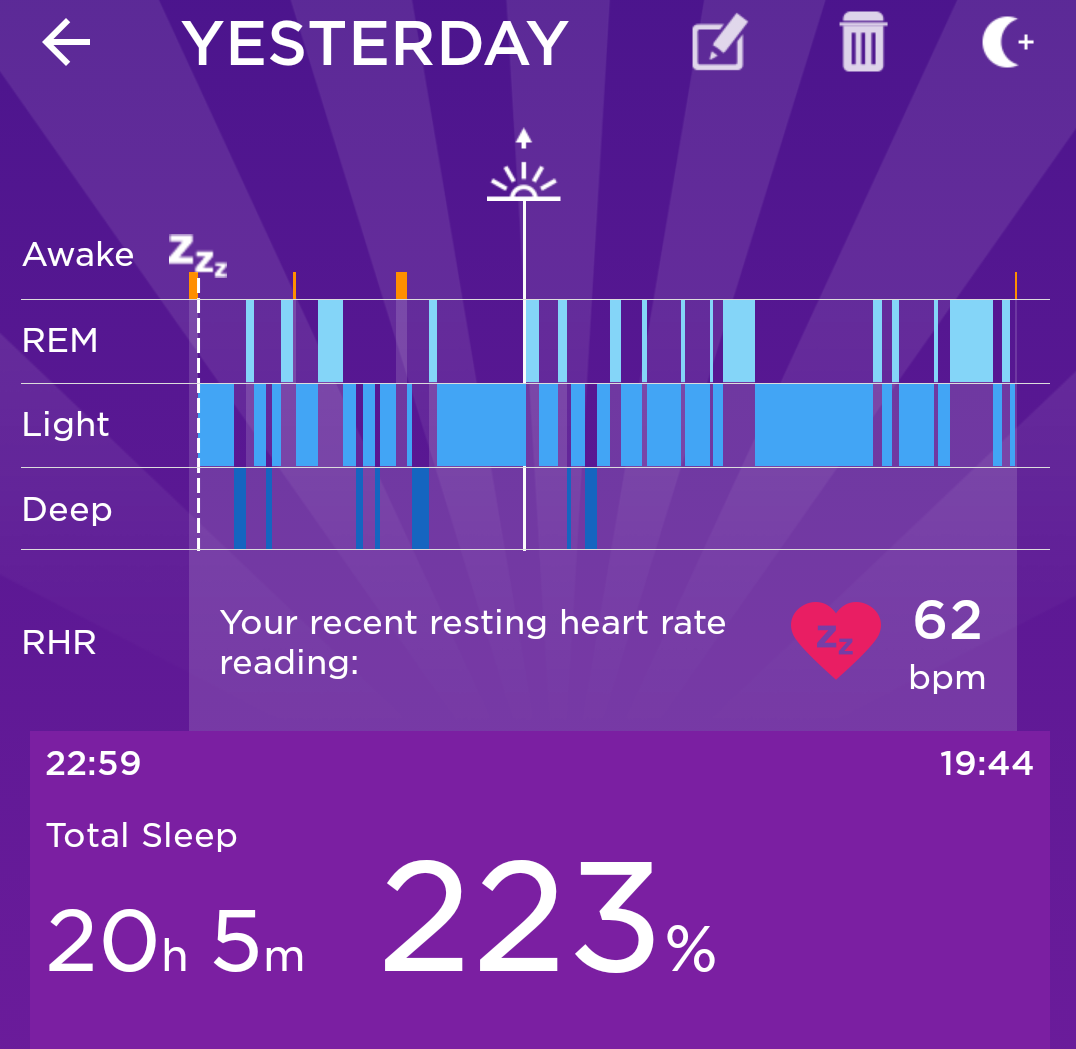As this is my first blog post in ages, hello! Combination of reasons which I’ll maybe touch on another time, but long story short the urge to write just came & it can never be ignored so here we are again.
This was inspired in particular by a twitter post from one of my favourite historians, Dr Janina Ramirez, who is a joy to watch on TV & follow online; she comes across to me as bright, passionate, quirky, kind, & beautifully her own person, & I admire her very much. Her post is below, I’ve also typed out the text in full for anyone using screen readers.

I’ve not been on twitter much. It’s a combination of things. Anxiety over the state of things. A Covid response & going more into myself. A loss of interest in promoting myself & thinking my own interests pale against the concerns of so many. But I still send you all love ❤️
Dr Janina Ramirez 28 August 2020 twitter
Basically what happened is I started writing a simple reply & realised I had thoughts. Lots of thoughts – In essence what I wanted to say to Janina was simply please do whatever you need to keep yourself as well as possible. It’s what we all should do. And if that means breaks from news or social media then of course that’s OK 😊 These are trying times for us all, when you are able to share lovely art it brings me & others joy, but I totally understand that has to be when it feels right to you & you have the mental energy & space to do so.
But I feel quite strongly that the second point Janina makes is a wider reaching conversation; namely “a loss of interest in promoting myself & thinking my own interests pale against the concerns of so many”. I’ve seen other people in the public eye (I hate the word celebrities), people who I believe are decent & kind people make similar comments over the past weeks & months. It’s totally understandable, 2020 has been a shitstorm of epic proportions & by direct comparison is sharing a piece of art or poetry or a song or a dance routine or a recipe or a fabulous cocktail important when held up against against Covid-19, BLM, or the state of Politics?? Definitely not, & at the same time Abso-fucking-lutely.
I believe when we stop feeding our souls we start to lose our humanity. When days are dark & times are troubled & we’re uncertain about tomorrow is exactly when we must make time to nourish the best part of ourselves, the part that can lose our eyes in a painting for hours, be it Picasso or Van Gogh. The part that allows music to transport us to far off times & places; poetry to allow us to feel empathy & connect; comedy to remind us to laugh & that life itself is often wonderfully silly; ballet where dancers take flight to tell stories with no words; history programmes that continue to investigate our past & allow us to learn & improve & have hope for our future.

Often it’s what might seem trivial in comparison to the “big stuff” that brings us our daily moments of joy & the strength to put one foot in front of the other & smile, if we can but pause to take the time to notice.
So to end, I would ask anyone, not just people with a large audience, when you feel able to please share your small stuff – the cakes you’ve baked, the photos you’ve snapped, the art you love, the stories you write & the music you rock to, & if it happens to be what you do for work please don’t apologise. If you bring even 10% of your viewers, readers & listeners a little joy & a smile to their day then I think that’s fantastic!
Namaste 🙏 💙






